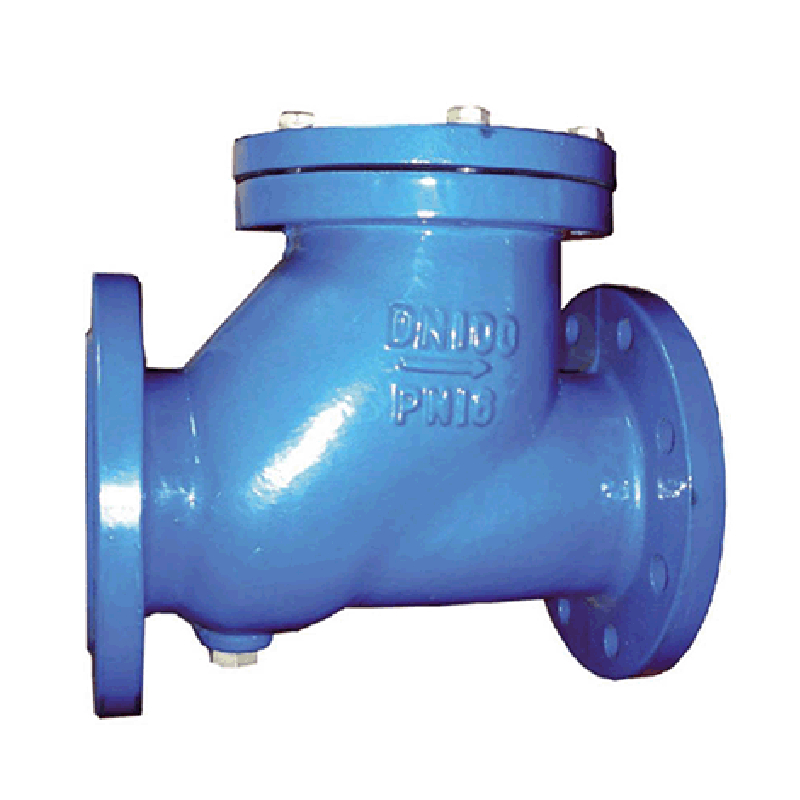Nov . 12, 2024 06:48 Back to list
cast steel valve
Understanding Cast Steel Valves Overview and Applications
Cast steel valves are essential components in various industrial applications, playing a crucial role in regulating fluid flow, managing pressure, and ensuring safety in systems that utilize liquids and gases. These valves are created through a casting process, where molten steel is poured into a mold, allowing for complex shapes and robust structures that can withstand high pressures and temperatures. This article delves into the characteristics, types, advantages, and applications of cast steel valves.
Characteristics of Cast Steel Valves
Cast steel valves are known for their durability and strength. The casting process results in a homogenous material with excellent mechanical properties, making them suitable for demanding environments. There are several key characteristics of cast steel valves
1. High Strength and Durability Cast steel exhibits exceptional tensile and yield strength, allowing valves to maintain integrity under high-pressure conditions while remaining resistant to deformation and wear.
2. Corrosion Resistance Depending on the type of cast steel utilized, these valves can offer good resistance to corrosion. Some alloys are specifically formulated to resist rust and other forms of degradation, which is crucial in applications with aggressive media.
3. Temperature Tolerance Cast steel valves can operate effectively at elevated temperatures, making them suitable for applications in the petrochemical and power generation industries, where heat can reach extreme levels.
4. Versatile Designs The casting process allows for a wide variety of designs, including globe, gate, ball, and check valves. This versatility ensures that there is a suitable valve for virtually any application need.
Types of Cast Steel Valves
1. Gate Valves Used primarily for on/off control, gate valves provide minimal pressure drop and are ideal for applications where the flow needs to be fully stopped or allowed.
2. Globe Valves These valves are designed for throttling and are excellent for regulating flow. Their structure allows for significant control over the liquid flow rate.
3. Ball Valves Known for their quick operation, ball valves use a spherical disc to stop or allow flow. They are favored for their reliability and ease of use in on/off control scenarios.
4. Check Valves These valves prevent backflow in piping systems, allowing fluid to flow in only one direction. They are vital for maintaining system integrity and preventing damage caused by reverse flow.
5. Butterfly Valves Although less common in cast steel, butterfly valves serve to control flow with a rotating disc and are used in large pipe applications due to their lightweight design.
cast steel valve

Advantages of Cast Steel Valves
The use of cast steel valves comes with several advantages
- Economic Efficiency Cast steel valves, due to their robust construction, tend to have a longer lifespan, thus reducing the frequency and costs associated with replacements and maintenance.
- Ease of Maintenance The design of cast steel valves allows for easy disassembly and maintenance, which is particularly essential in industrial applications where downtime must be minimized.
- Customizability With advancements in casting technologies, manufacturers can produce custom designs to meet specific operational requirements, allowing companies to adapt valves for unique applications.
- Reliability Cast steel valves have a reputation for reliability in critical processes, providing consistent performance and ensuring system safety.
Applications of Cast Steel Valves
Cast steel valves find applications in a vast array of industries. Some noteworthy sectors include
- Oil and Gas Used in pipelines, refineries, and exploration activities, cast steel valves help manage the flow of hydrocarbons under high pressures.
- Power Generation In power plants, these valves are used to control steam, water, and other fluids involved in energy production.
- Chemical Processing They regulate the flow of various chemicals, helping maintain safe operations in processing plants.
- Water and Wastewater Management Cast steel valves are integral in municipal and industrial water systems, where they manage both freshwater and treated wastewater processes.
Conclusion
Cast steel valves are indispensable components in various industrial systems, providing durability, efficiency, and safety. Their unique characteristics and versatile designs make them suitable for a wide range of applications, ensuring that industries can meet operational demands effectively. As technology continues to evolve, the future of cast steel valves looks promising, with innovations likely enhancing their performance in even more challenging environments.
Share